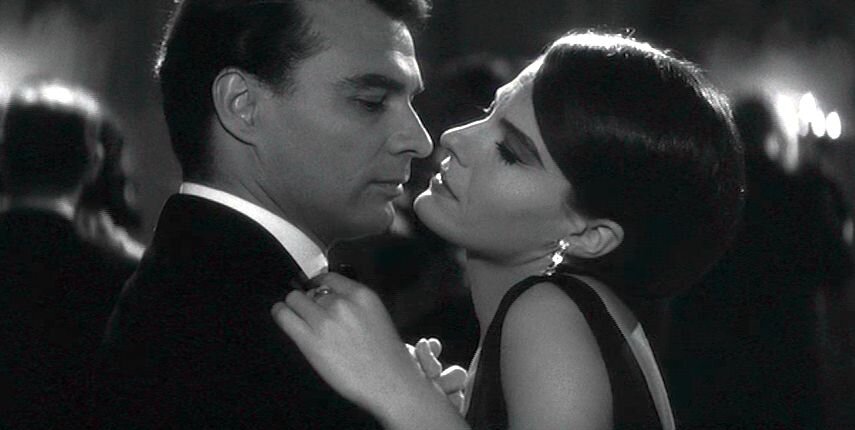A Brief for Planners: Outsiders Who Want to Belong
Richard Hamilton, 'Swingeing London 67 (f)’. 1968–9
‘Oi, Boris!
I kept my head down and quickened the pace.
‘Oi, Boris!’ the stranger shouted after me again. It was a young lad with a group of his mates, all laughing heartily.
‘Boris, get back to work!’
I pretended not to hear and hurried down the street. I crossed the road and blended in with the commuter crowds, losing myself in a fog of self-doubt.
I get this once a week.
‘Alright, Boris?’
‘Hey Boris, are you off to a party?’
Why Boris? I ask myself. Why not Clooney or Beckham or Pitt?
I’ve looked in the mirror many times, assessing my resemblance to the UK Prime Minister. Yes, I have messy hair - but it’s grey, not blond. Yes, I have a heavy frame - but surely not that robust. And there the likeness ends. I have stubble and big ears and wear artisanal jackets…
I have concluded that it’s more a reflection of Boris’ celebrity than of our similarity. A few years ago I spotted Jeremy Corbyn on every street corner. He was often hanging around in shopping centres or waiting at the bus stop, carrying a plastic bag and looking a bit bored and angry. Now I don’t notice him at all.
'Why fit in when you were born to stand out?’
Dr Seuss
When I was at school I always wanted to belong. I tried to engage and participate - to be in with in-crowd. I aspired to be every Tom, Dick or Harry, every average Joe. Anyone in fact but Jim. I imagined that if one were anonymous, unremarkable, invisible, it would be incredibly liberating.
And yet at the same time I consistently felt a little different – just slightly adjacent, eccentric and offbeat. I laughed at the wrong time, wore the wrong clothes, said the wrong thing. I was one step removed.
'Conformity is the jailer of freedom and the enemy of growth.'
John F Kennedy
This I suspect is the curse of all Planners. They tend to be outsiders: people who regard the world from a distance, with a critical eye and a sense of objectivity. And yet at the same time they yearn to fit in. They strive to understand and imagine what others might be thinking or feeling. They want to be normal.
I have come to believe that it is this combination of empathy and objectivity that qualifies Planners to do their job. At their best they feel what others feel and see what others fail to see. They are outsiders who want to belong.
'Be who you are and say what you feel, because those who mind don't matter, and those who matter don't mind.'
Bernard M Baruch
When I was a kid my mother gave me a crew cut - like a US Marine. And when I was a student I had my hair slicked back with coconut oil - like a Kray twin. Neither of these looks was particularly mainstream, but I’ve considered reverting to them in an effort to break the association with the Prime Minister. Indeed my barber Simon has recently offered to ‘de-Boris’ me.
Of course, I’ll probably still end up looking a bit weird. But where’s the shame in that?
'It's weird not to be weird.'
John Lennon
'Strange, I've seen that face before,
Seen him hanging 'round my door.
Like a hawk stealing for the prey,
Like the night waiting for the day.
Strange, he shadows me back home,
Footsteps echo on the stones.
Rainy nights, on Haussmann Boulevard,
Parisian music drifting from the bars.’
Grace Jones, ‘I’ve Seen That Face Before (Libertango)’(B Reynolds / A Piazzolla / D Wilkey / N Delon)
Wishing everyone a Happy New Year and a thoughtful 2022.
Look after yourselves.
No. 352



